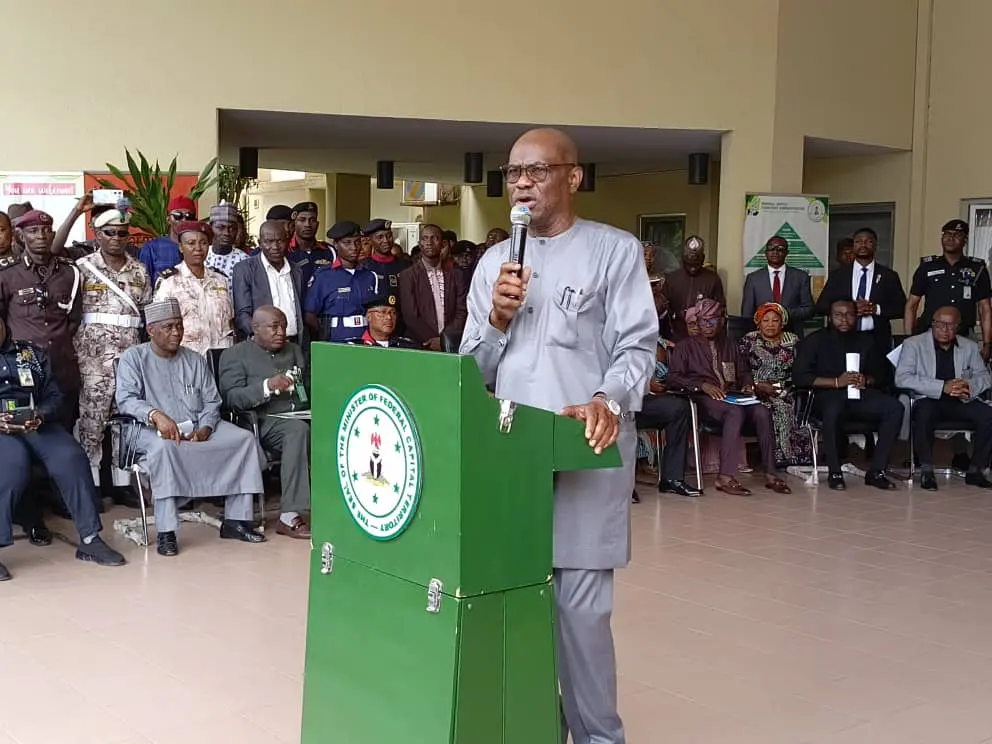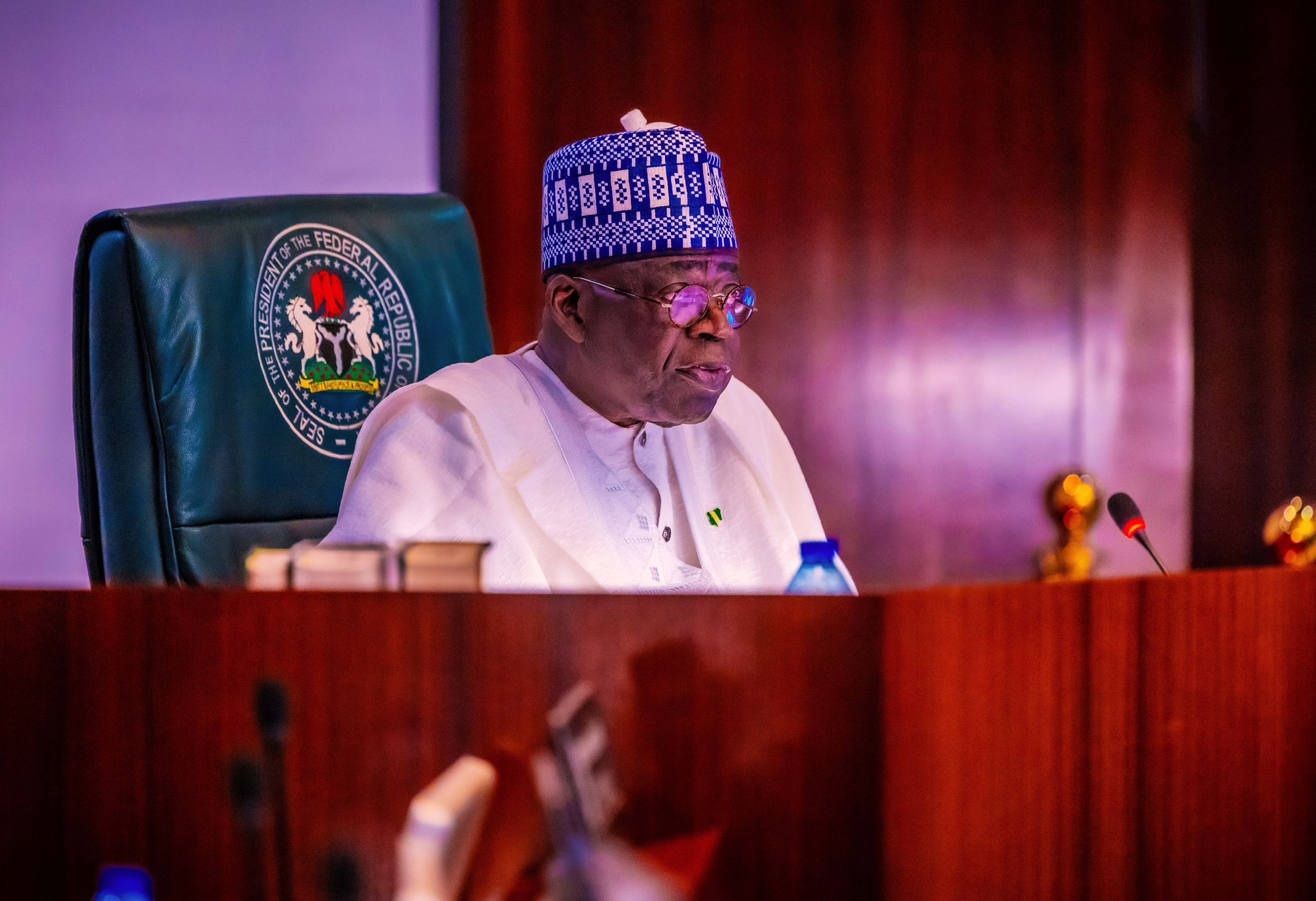Mr. Peter Obi, the Labour Party's candidate in the 2023 presidential election, has accused the administration of President Bola Tinubu of failing to implement effective economic policies, highlighting what he described as an escalating economic crisis under the current government.
In an interview on Arise News Prime Time on Tuesday, Obi, a former governor of Anambra State, argued that the floating of the naira by the Tinubu administration, coupled with the absence of productive investments, has worsened Nigeria's economic situation. He also criticized the administration for increasing the country’s debt profile, with debt servicing costs now exceeding budget allocations for critical sectors such as health and education.
“The President that is there today, how many years has he stayed? Two years, and look at the turn of things. It means you can change things in two years. That means if I were there, you would have seen considerable change in critical areas,” Obi said, claiming that his approach would have focused on productivity and sustainable economic growth.
Obi pointed out that under Tinubu, Nigeria’s debt has skyrocketed from approximately N17 trillion to over N170 trillion within two years. He also emphasized that the cost of servicing the debt has surpassed the combined budgets for essential services like health, education, and infrastructure. “70 percent of our primary health care centres are not functioning. I would fix our PHCs and primary schools if I were president,” he added.
In his critique, Obi also expressed concern over Nigeria’s high interest rates, which he believes have made it increasingly difficult for businesses to thrive. He suggested that rather than focusing on the devaluation of the naira, the government should prioritize boosting productivity in key sectors of the economy to ensure long-term growth.
He elaborated, “There is nothing wrong with the devaluation of the naira. I would have allowed the naira to follow, but there would be productivity. Because when you don’t have productivity and you devalue your money, it’s a double whammy.”
Obi criticized the administration for its handling of the country’s economy, claiming that the government’s failure to address the core issues affecting the nation is directly responsible for the hardships many Nigerians face.
He further stated that his priority as president would be to inject funds into critical sectors, create job opportunities, and improve the standard of living for Nigerians. “Today, nobody is producing anything. How can you do business when the interest rate is over 40%?” Obi asked.
Regarding his ongoing affiliation with the Labour Party, Obi clarified that he remains a member of the party and is working collaboratively with other political figures, including Atiku Abubakar, for the benefit of the country. He stressed that his efforts are not motivated by personal ambition but by a desire to see Nigeria function effectively.
“I am not desperate to be President, but I am desperate to see Nigeria work,” Obi stated, emphasizing that his participation in politics is driven by a desire to see the country thrive and overcome its current challenges.
Obi also addressed concerns within the opposition, acknowledging the difficulties faced by political parties in Nigeria. He accused the current administration of undermining democracy by intimidating opposition figures, citing the recent events in Rivers State, where a state of emergency was declared following political unrest.
He concluded by stressing the need for reforms to ensure that opposition parties are allowed to thrive and contribute to the democratic process. “If I were president, I would make sure the country is democratic and the opposition thrives. Parties should function the way they should,” Obi said.
While discussing the possibility of running again in the 2027 presidential election, Obi remained focused on the broader goal of saving Nigeria from its current state of political and economic turmoil. “I am reluctant to talk about 2027. Yes, I am part of the coalition. But whatever alignment must discuss the future of the country,” he said.
Obi’s statements underscore his ongoing criticism of the Tinubu administration’s economic policies and his determination to see Nigeria overcome its present challenges through inclusive leadership and productive reforms.




